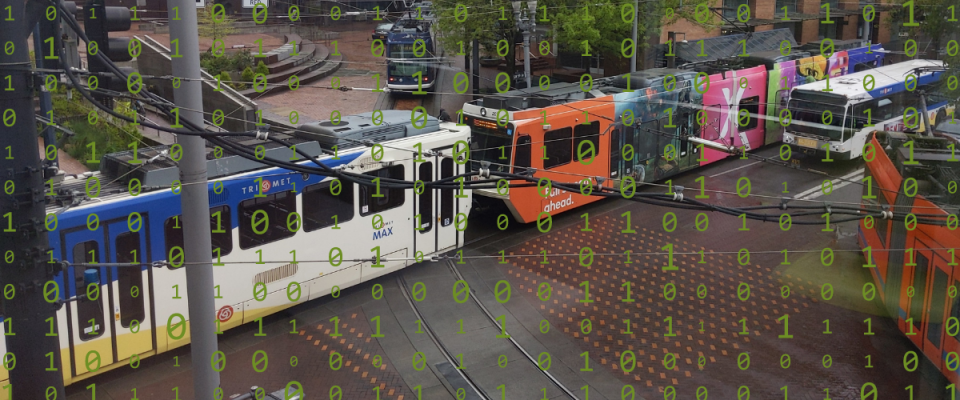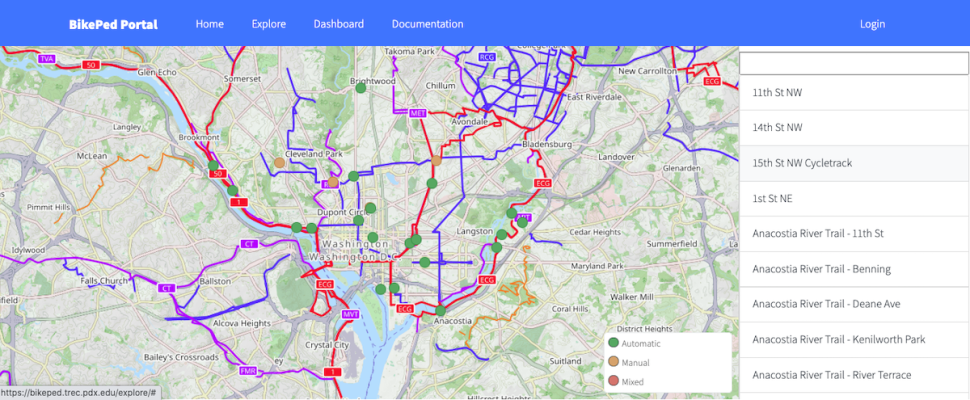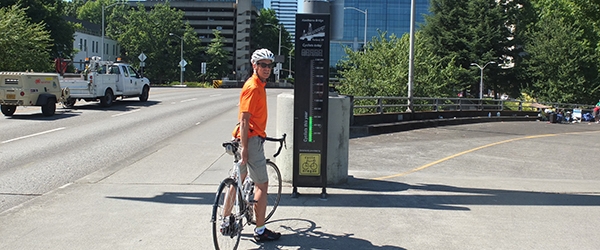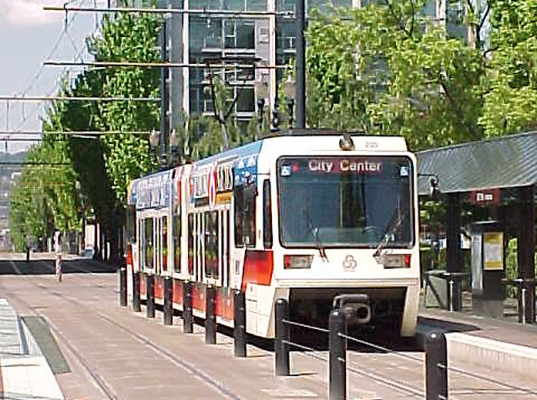Portland State University's Transportation Research and Education Center (TREC) maintains two large, public transportation data lakes: PORTAL and BikePed Portal. The latest round of funding for PORTAL, in the amount of $1.6 million, was awarded in February 2024 and will cover PORTAL's activities through the next five years. BikePed Portal, too, recently received $100K for another year of funding, and both are the focus of some exciting innovations in transportation data.
The two centralized data repositories, unique both in their size and in the fact that they are accessible (PORTAL is freely available to the public, and BikePed Portal has limited public access as well), are supported by multiple federal, state, and regional agencies. Federal funding for PORTAL comes from the Federal Highway Administration (FHWA)'s Surface Transportation Block Grant (STBG) funding, suballocated by Metro’s ...
Read more





